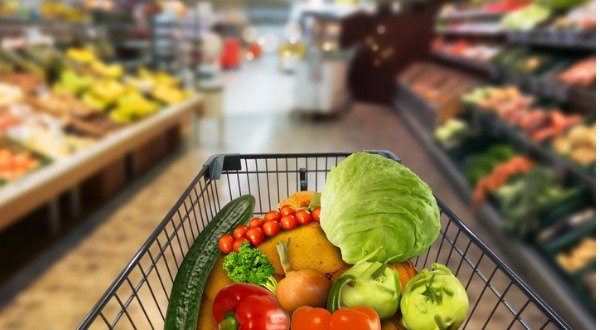When you hear people say, “sugar is evil,” you may think they are exaggerating. I used to think this way too. I mean, human beings have been eating sweet things forever, right? Even before commercial sugar production came along, weren’t there foods that tickled our taste-buds, like honey and fruit?
It is true that people have always had a propensity for the sweet stuff. But before the advent of the commercial sugar industry, folks ate a whole lot less of it.
Personally, I have been on a journey with sugar. It’s a love hate relationship. I love how it tastes, but I hate how it makes me feel. The first time in my life that I ditched all sugar was when Ty and I lived in New Zealand. I was experiencing pain and numbness in my leg, which led to difficulty walking.
After Ty and I did a little research, we realized that sugar was sabotaging my health, and so I ditched all processed sugar. Within a day or two, the pain was gone and I felt like my old self again.
It was wonderful! But then we moved back to America, and I fell into my old habits. There is something to the saying, “Old habits die hard.” But with determination and the right plan of action, I have been able to stop the massive amounts of sugar and find alternatives that are just as satisfying, such as monk fruit to sweeten my coffee, which is surprisingly delicious, and you can, too.
The American Sugar Consumption Epidemic
To give you an idea of just how our sugar habits have changed over the centuries, consider this: In 1700 AD, the average person consumed about 4 pounds of sugar per year. Today, according to The Washington Post, the average American consumes about 100 pounds of sugar every year. This is about 126 grams every day — more than twice the World Health Organization recommendation and the highest in the world.1
At the same time, lifestyle-dependent diseases are rising exponentially. In 1890, 0.003% of people had diabetes. In 2015, 30.3 million Americans were diagnosed with diabetes; nearly 10% of the population. Another 84 million have prediabetes (a condition that can lead to type 2 diabetes).2 Can you see the connection?
Does Consuming Sugar Lead to Diabetes?
Though some in the conventional medical world still cling to the ancient dogma that sugar consumption is not one of the main contributing factors, the connection between high sugar consumption and diabetes is clear.
A 2013 study conducted by the University of California and Stanford University found that for every 150 calories a person consumes from sugar, they increase their type 2 diabetes risk by about 1 percent.3 And they found that this increase remains constant no matter what other healthy foods they ate!
The danger for diabetes lies in how many products contain either straight sugar (like candy and pastries), refined carbs (like white bread and pasta), or alcohol. Refined carbs and alcohol turn to sugar in the bloodstream. This causes stress on all organs and slows metabolism. According to neuroendocrinology researcher and metabolism expert Robert Lustig, MD, the body can safely process only about 6 teaspoons of added sugar every day (the equivalent of two medium-sized bananas or 6 tablespoons of ketchup).4
In fact, starting with its 2015 guidelines, the WHO began recommending this same amount of added sugar per day for “added benefits” when it comes to health (they recommend double that amount, about 50 grams or 12 teaspoons, to maintain “adequate general health”).5


No comments:
Post a Comment